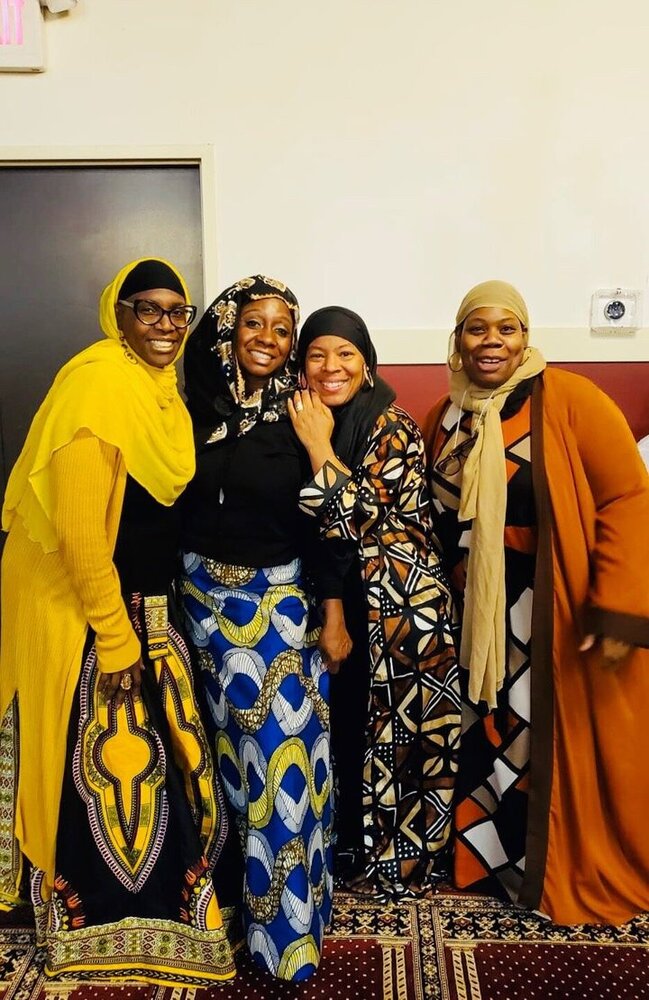Hawzah News Agency - After months in lockdown and forfeiting an in-person Ramadan and Eid al-Fitr last May, some Muslim Americans will celebrate an in-person, socially distant Eid al-Adha on Friday.
In states like New Jersey, New York, and Maryland, where government restrictions have loosened, mosques have been able to host Eid prayers under strict guidelines. But others, in Illinois, for example, have decided to forgo a traditional in-person Eid prayer due to the recent rise in COVID-19 cases.
This year, mosques across the country will host Eid prayers under strict guidelines, including taking temperatures at the points of entry, mandating face masks and observing 6 feet of distance between individuals. Muslims in the U.S. and Canada have been split, with some people attending the prayers in hopes of retaining some sort of celebratory normalcy, and others choosing to sit out and observe the holiday at home.
Muslims across the country have been forced to reexamine many traditional practices during the pandemic, particularly when it comes to congregational prayers like Eid and Friday prayers, said Shabana Mira, an associate professor at American Islamic College in Chicago who has been tracking the impact of COVID-19 on Muslim life.
With Ramadan and Eid Al-Fitr suspended entirely back in May and strict protocol implemented during services for Eid Al-Adha on Friday, many Muslims have been challenged to redefine what communal religious practices look like.
“For a lot of people, we pretend that religious practice does not shift,” in circumstances like a pandemic, Mir said, adding that Islamic theology does indeed allow for flexibility. A two-time cancer survivor, Mir will not attend Eid prayers for her and her family’s safety.
In New Jersey, many mosques will host prayers outdoors with a cap on attendees, who will be required to wear masks and abide by social distancing rules at all times. While individuals usually stand shoulder to shoulder during prayers, members will be asked to stand 6 feet apart at all times.
Donna Auston, a 47-year-old anthropologist and New Jersey resident, will attend Eid Prayers at Weequahic Park in Newark, a location where Muslims have prayed since the 1970s. For this Eid, residents will pray 6 feet apart in the outdoor space on their own prayer rugs and wearing masks.
After prayers, Auston plans to meet up with friends and host a small picnic in an attempt to celebrate during uncertain times. More than anything, she says she misses the physical interactions and Eid hugs with those she hasn’t seen in a long time.
This Eid, she hopes to get back some of that human interaction in a “slightly expanded, conscious and safe way,” she said.
“This has been such a hard year for everybody and it’s been a hard year for our communities, in so many ways with the pandemic and the police violence, and, particularly for me as a Black Muslim,” said Auston. “Taking the time in the middle of all of that to create a space for joy and togetherness is extremely critical.”


Your Comment